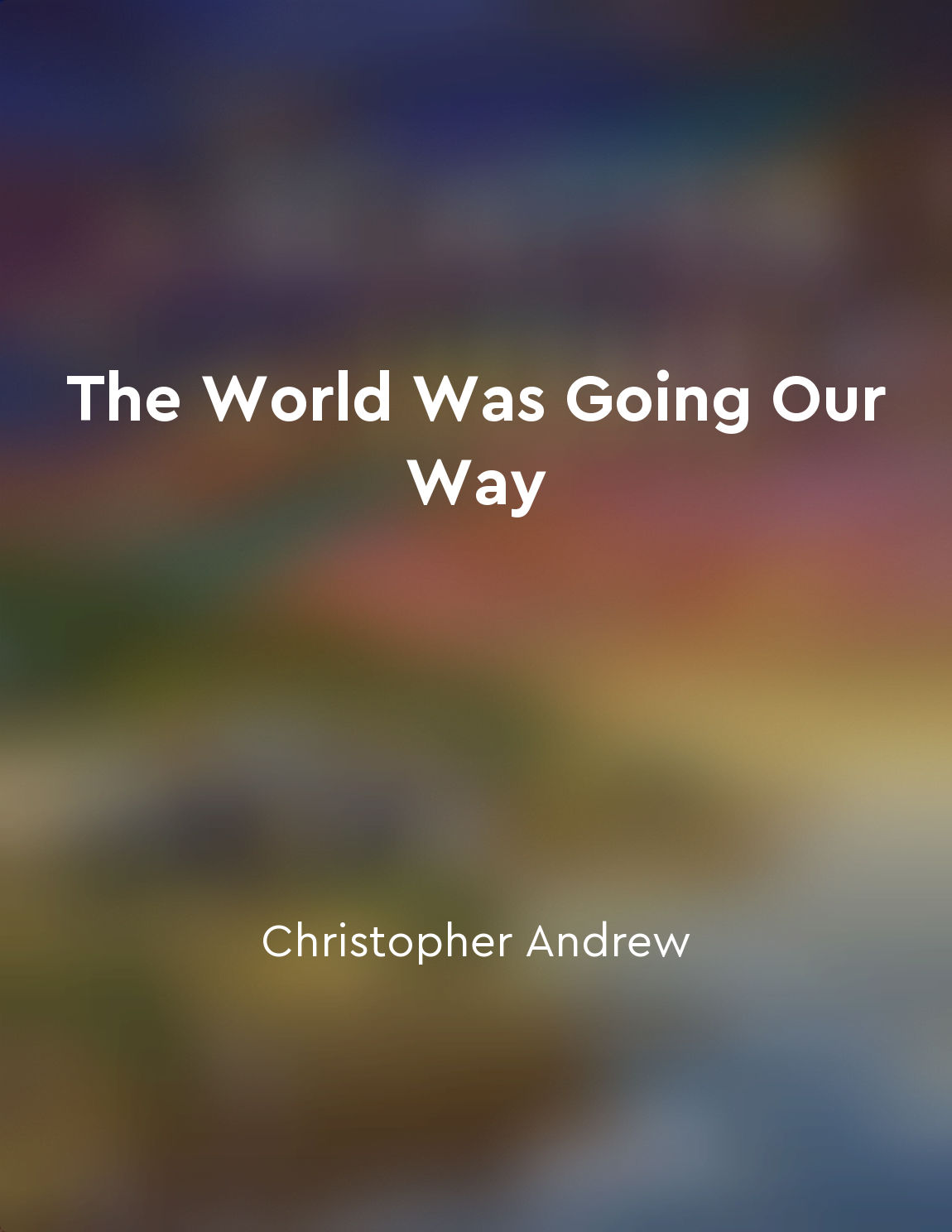The Cold War perpetuated fear and oppression from "summary" of A People's History of the United States by Howard Zinn
The Cold War, a period of intense rivalry between the United States and the Soviet Union, had profound effects on the American people. Fear of the spread of communism led to a stifling atmosphere of suspicion and paranoia. The government, with the support of many Americans, actively worked to suppress dissent and quash any hint of dissent. Political activists, labor organizers, and ordinary citizens who questioned the status quo were targeted as potential threats to national security. The fear of communism was used as a justification for the erosion of civil liberties and the expansion of government surveillance. The House Un-American Activities Committee (HUAC) conducted aggressive investigations into alleged communist activities, ruining the lives of many innocent people in the process. Loyalty oaths were required for government employees, leading to an atmosphere of distrust and betrayal. The media played a significant role in perpetuating this climate of fear and oppression. Journalists and publishers who dared to criticize government policies were labeled as "unpatriotic" and risked being blacklisted. Television programs and movies promoted a one-sided view of the world, demonizing the Soviet Union and glorifying American militarism. The Cold War also had a devastating impact on the lives of people in other countries. The United States supported brutal dictatorships and military interventions in the name of fighting communism, leading to widespread suffering and loss of life. The CIA carried out covert operations to overthrow democratically elected governments that were perceived as threats to American interests.- The Cold War was a period of fear and oppression that deeply affected the American people. The government's efforts to suppress dissent and control the narrative led to a climate of suspicion and paranoia. The media played a role in promoting this atmosphere, while American foreign policy caused immense harm to people around the world.
Similar Posts
Diversity and inclusion became societal goals
In the course of human history, a significant shift occurred in societal values as diversity and inclusion emerged as overarchi...
US supports repressive regimes
The United States - that noble beacon of freedom and democracy, that self-proclaimed champion of human rights - has a long and ...
Reagan's military buildup intensified arms race
Reagan's military buildup had a significant impact on the arms race during the Cold War. The Reagan administration believed tha...

USSoviet relations, détente, arms control treaties
During the Cold War, the United States and the Soviet Union engaged in a complex dance of diplomacy, marked by periods of tensi...
Cuban Missile Crisis brought world to brink
The Cuban Missile Crisis was a moment when the world held its breath, as the United States and the Soviet Union stood on the br...
Cold War marked by ideological conflict
The Cold War was a period of geopolitical tension between the United States and the Soviet Union, lasting from the late 1940s t...


